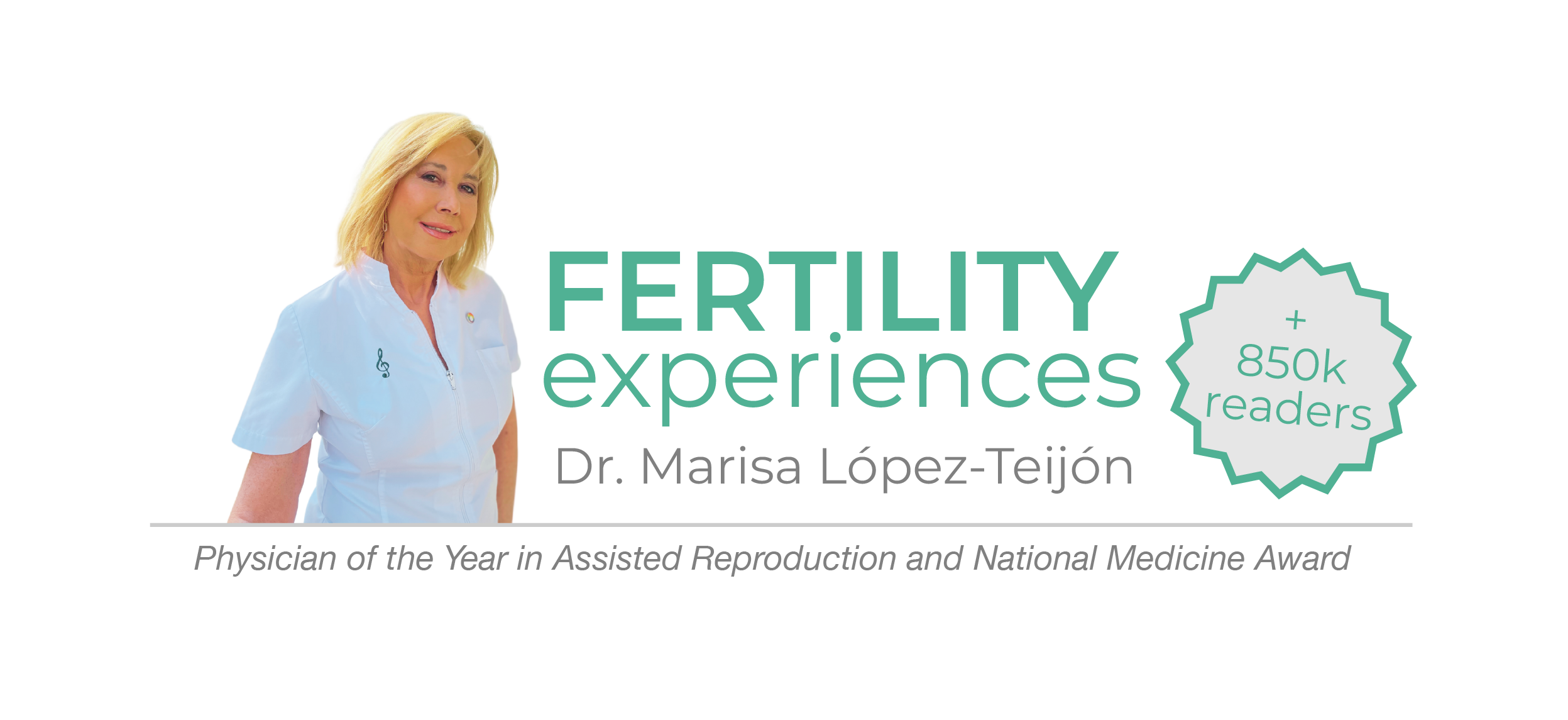The Embryo Adoption Programme of Institut Marquès has come of age. Since 2004, more than 2,000 children have been born thanks to this pioneering idea. The first babies are now 18 years old and more and more patients are coming to our assisted reproduction clinic to have a child by adopting an embryo. I think this is due to the following facts:
1 – Restrictions on international adoptions of children. Over the last few years there has been a constant decrease in the number of children adopted in other countries. According to data, many countries have closed the program for adoption of children to foreigners, some have over five-year-long waiting lists, other countries only allow adoption of 6 year old children or older, or children with disabilities and some ban adoption to homosexual couples. In short, there are fewer children in adoption and many couples do not even try to adopt. Some countries where they used to adopt children have changed their child protection policy and they improved their healthcare system. That improved the access to contraceptive methods and also increased significantly the number of abortions.
2 – Many couples cannot afford the cost of adoption of a child or fertility treatments. The decision of donation/adoption of embryos is usually taken by the patients themselves, despite the fact that even in the case of abnormal oocytes or abnormal semen that cannot be treated, the medical advice is to proceed with IVF with donor eggs and sperm donation, but the cost is much higher.
3 – The Law on assisted reproduction in Spain is more liberal than in other countries. Every day there is more information regarding the adoption of embryos and people from over 33 countries have already come to us to adopt embryos: Albania, Germany, Andorra, Algeria, Argentina, Austria, Australia, Belgium, Bulgaria, Canada, Denmark, Spain, Finland, France, Gabon, Wales, Greece, Guatemala, Holland, Italy, Ireland, Libya, Morocco, Mexico, Norway, New Zealand, United Kingdom, Sweden, Switzerland, Romania, Russia, USA, Venezuela, etc.
4 – I reviewed the profile of all the patients that took part in our Embryo Adoption Program since the date we started -18 years ago. 72% are couples with infertility problems that undertook other treatments that failed, with an average of 4.1 years trying for a baby and 4.4 failed attempts. 19% are single woman, this percentage increases every year. In Spain, 23% of women who adopt an embryo are single. The rest, a 10%, are people that go directly for the embryo adoption since they do not consider an assisted reproduction treatment for ethical or religious reasons. Approximately one third of these people thought about adopting a child or had already begun the process.
Transfers of adopted embryos are very special. The wish of conceiving a child and the idea of leaving behind the treatments -or not having contemplated them for moral reasons- comes together. They are the nicest transfers as there is happiness in the air.
We are very happy because thanks to the improvement of freezing techniques the successful pregnancy rate per transfer of adopted embryos is higher than 57%.
From each child born, we could write a book about love, dedication and gratitude to life -the chapters about biological origin, the development as an embryo, fate and destiny will be exciting.


would you tell me the name of a clinic in Sweden or Finland or Slovaquia or Denmark or Barcelona where I would be admitted for embryo adoption. It´s tough as I´m 62
Dear friend,
Each woman has an egg reserve of approximately 1 million oocytes when they are born; when reaching the adolescence, this amount is already half; at the age of 18-20 it is estimated to be of approximately 400.000 eggs in both ovaries.
From 38-40 years this ovarian reserve, as well as the egg quality, dicreases at a faster pace, so that at around 45-50 years women enter the menopause.
In any case, assisted reproduction centres can admit patients to be recipients of donated embryos past this age, but at Institut Marquès we accept patients of maximum 52 years old, and this is quite similar in other assisted reproduction centres.
I am sorry to have to tell you that, because of your age, you are not eligible to be accepted at an assisted reproduction centre, since achieving an evolutive pregnancy with donated embryos is unfeasible.
Kind regards.